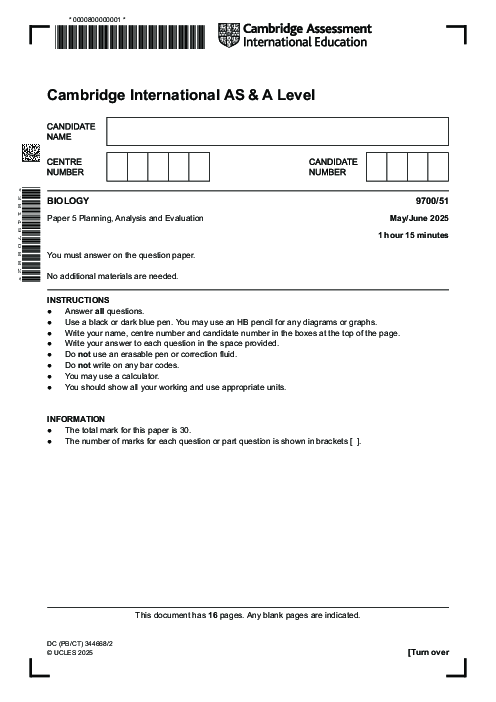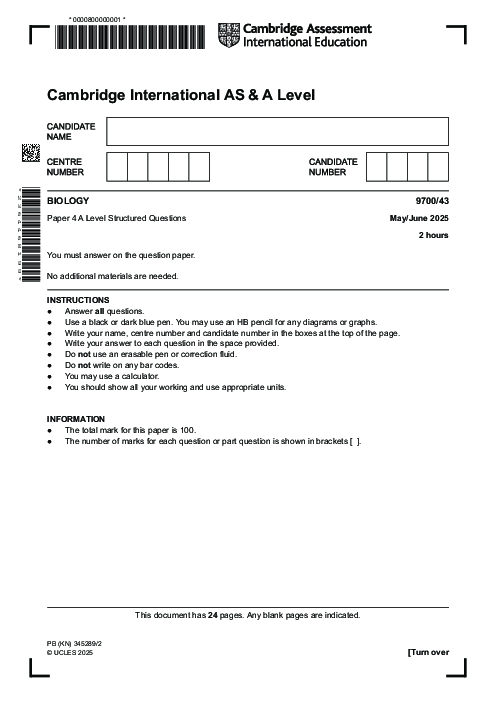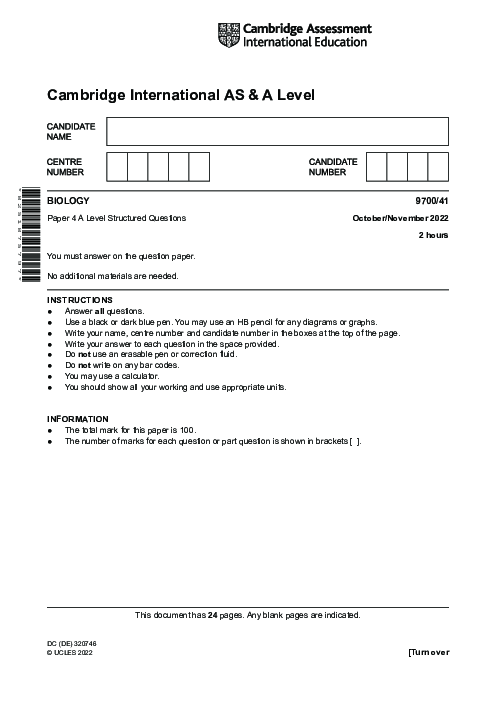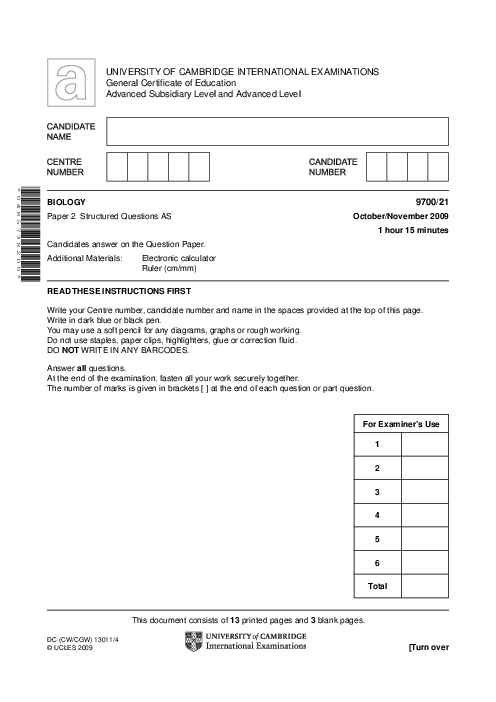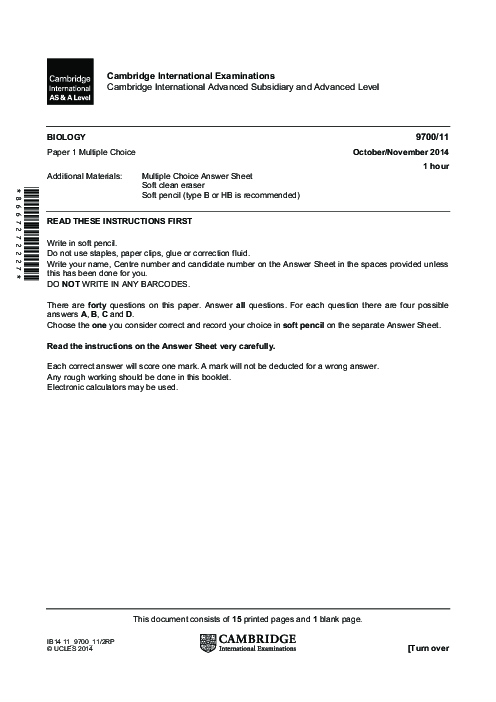A country introduced a measles vaccination during a measles epidemic.
Later, it was realised that vaccinated children were more likely to survive childhood than unvaccinated children, even when there were no measles epidemics.
The vaccine had given the children some protection against other pathogenic infections.
Which statement could account for this extra protection?
1 )
B-lymphocytes produced memory cells which gave the children passive immunity to these infections.
Memory cells produced plasma cells which secreted anti-measles antibodies that bound to antigens that closely resembled measles antigens.
3 )
Memory cells produced plasma cells which secreted anti-measles antibodies that bound to any antigen.
4 )
T-lymphocytes produced memory cells which gave the children natural immunity against these other infections.
تحلیل ویدئویی تست
منتظریم اولین نفر تحلیلش کنه!


